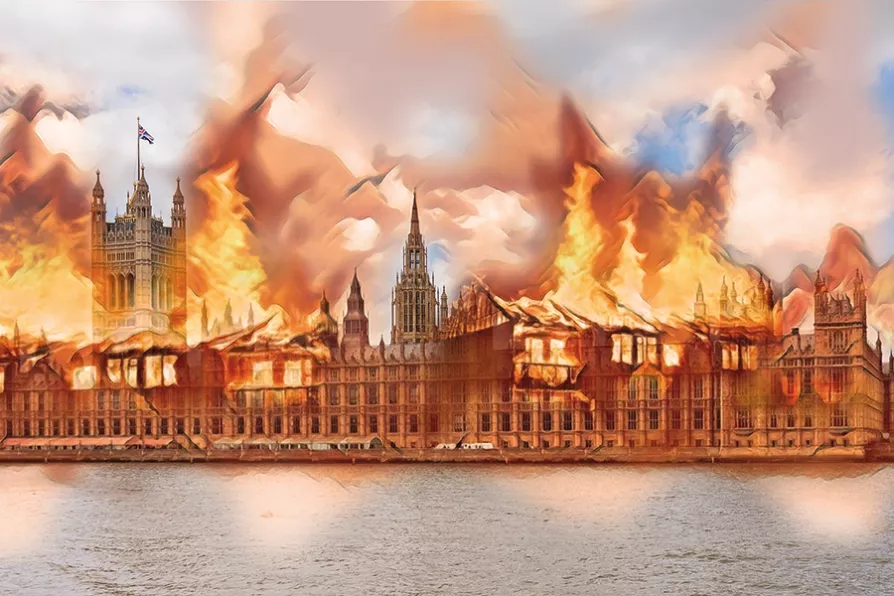Corbyn’s intervention exposes a corrupted system, writes CLAUDIA WEBBE


BRITISH parliamentary democracy is in such a poor state that Dr Hannah White — a very mainstream figure, a former Commons clerk, one-time secretary to the committee on standards in public life, and current head of super-respectable think tank the Institute for Government — thinks Parliament burning to the ground is probably the best hope for reform.
White’s recent book, Held in Contempt: What’s Wrong with the House of Commons, published this year, looks at what’s wrong with the processes of government.
Her think tank takes what you might think of as a technocratic rather than a “political” approach — although of course technocracy is itself a kind of “sensible centrist” politics. It’s not the political approach I favour, but she and it are on the ball, even if I don’t always agree with the game they play.

As six out of 10 Argentines don’t vote for Milei LEONEL POBLETE CODUTTI looks at the country’s real crisis that runs far deeper than just the ballot box

ANSELM ELDERGILL is a member of Your Party and he suggests how the new party should reform Britain’s constitution

From Gaza complicity to welfare cuts chaos, Starmer’s baggage accumulates, and voters will indeed find ‘somewhere else’ to go — to the Greens, nationalists, Lib Dems, Reform UK or a new, working-class left party, writes NICK WRIGHT

The Tories’ trouble is rooted in the British capitalist Establishment now being more disoriented and uncertain of its social mission than before, argues ANDREW MURRAY











